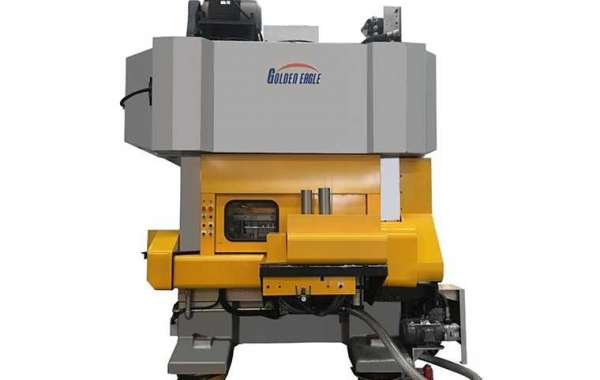1.Poor Safety
As food machine production line increases their speed of operation, safety becomes more and more important. At the same time, the lines require better connectivity between the elements in order to accommodate the need for boosted output and reduce the risk of damage.
Modern production lines are taking advantage of the Internet of Things in the technological realm to ensure product and operator safety while improving output.
2.Decreased Efficiency
With time, production lines inevitably face wear and tear of their constituent parts, which eventually reduces throughput. For complex machinery, when a part degrades, the result may not be obvious immediately.
As soon as output decreases, even if the equipment seems to be functioning properly, it’s vital to perform a detailed inspection.
3.Long Changeover Time
For some companies, manufacturing line changeovers take up too much time, reducing output. The time and cost required for a lengthy changeover are substantial and often lead to manufacturers trying to eliminate them altogether. Taking the right approach to line lifecycle management can eliminate the delays caused by manufacturing line changeovers.
Modern production lines increasingly rely on robotics to deal with changeovers. By taking advantage of connectivity between the different machines used in production, manufacturers can consolidate their production line, eliminating the need to shut the complete line down for a changeover
4.Lack Of Maintenance
Lack of sufficient maintenance doesn’t just reduce the output of a production line; it also leads to unexpected repair expenses when kit breaks down. In-house production line technicians may not always have sufficient training to deal with modern equipment – especially their computerised control systems.
The ability to monitor the production line function continuously allows technicians to identify emerging problems before they become severe enough to cause a breakdown.
5.The Human Factor
Since not all production lines are automated, ‘the human factor’ is still one of the most common problems on the line. This isn’t always a case of operator error, although these do of course occur from time to time. Usually, it has to do with variation in the time it takes one operator to complete a certain task.
A person can’t necessarily finish one task in the same manner and during the exact same time as he or she did the day before. The average time for task completion can vary by over 65% in 24 hours. Completion time and efficiency also varies widely between operators, making cost-factoring difficult.
It’s important to take the right approach to placing operators and allotting proper time for them to complete their work in order not to face output problems.
We are one of the Food Can Making Machine supplier and welcome to your come and purchase!







